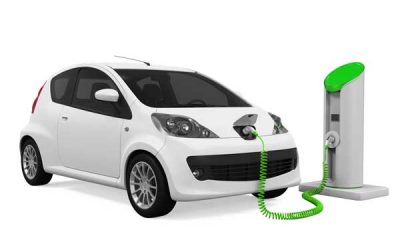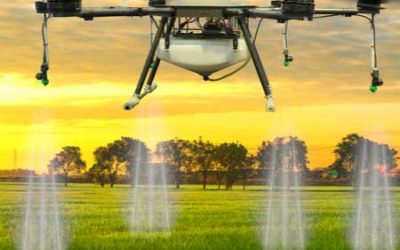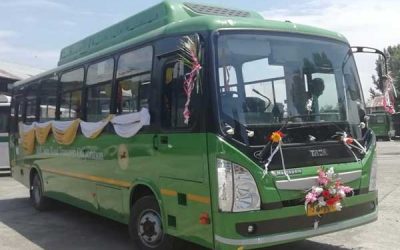As the pandemic raged on, enterprises of all scales rushed to accelerate their digital transformation efforts for maintaining business continuity. The retail sector also didn’t escape unscathed and had to take a flurry of measures to remain operational amidst rising discretionary spending by consumers. (See: AI-driven analytics is CIOs’ mantra in the new normal)
The crisis has pushed the retail organizations to take pivotal digital decisions instantly to achieve tangible business results.
One of the technologies that has garnered much attention in these tricky times is Artificial Intelligence (AI). The technology enables organizations to make well-informed data-driven decisions and predict the possible outcome of those decisions.
Translating new normal into a winning position
There is a monumental shift in consumer buying behavior due to COVID-19. Even traditional brick-and-mortar businesses are moving to e-commerce platforms. The pre-COVID online buyers have accelerated their digital shopping by around 50%. Moreover, even a majority of conventional shoppers have moved to virtual shopping to ensure safety and hygiene.
Amidst the unpredictable customer expectations and increased demand for contactless distributions, the Indian retail enterprises are fast-tracking their investments in technologies such as artificial intelligence to translate the new normal into a winning position. With AI-enabled tools and customer-centric chatbots, retail enterprises can obtain valuable insights to predict new business opportunities, identify broken supply chains, and manage customer expectations better. (See: AI is a must now to speed up digital transformation)
According to a Nasscom study, the Indian retail industry is one of the top-five retail markets in the world by economic value and likely to achieve 3X growth and become worth US $1.4 trillion by 2024. NASSCOM further observed that the industry is experiencing a phenomenal transformation due to transitioning consumer behavior, organized retail growth, and multiple global players’ arrival.
Similar sentiments are shared by the Associated Chambers of Commerce and Industry of India (ASSOCHAM), an apex trade association of India, in a recent report. The industry body observed that the Indian retail industry is likely to see a massive transformation technology-led disruptions driven by AI and data-led opportunities.
Besides improved customer experience, the investments in AI-enabled platforms will also be valuable for retailers as it will enable them to deliver new product design ideas and expand their markets.
Leveraging AI to read consumer’s mind
With consumers are moving to digital technologies to shop, they still need the personalized experience to meet their custom needs. AI-enabled tools and technologies are being leveraged by organizations to identify key business and customer trends; ensure hygiene; deliver the goods safely, and conduct 1:1 session with customers.
AI tools also have a great potential to give the decision-makers timely visibility to align their strategic and financial primacies with these predictions.
Some prominent Indian retailers are already forging ahead and deploying the latest tools and AI innovations to navigate the crisis. An example is the Aditya Birla Group, which manages one of the largest Indian clothing retail chains. The group implemented several AI and deep learning solutions amidst the pandemic to keep its workforce safe and ensure hygiene factors at its manufacturing units. The group has a separate data and analytics cell, which focuses on advanced technologies to deliver better efficiency in-house as for customer service excellence.
During the nationwide lockdown, the group refreshed its already proven proprietary AI platform, VEDA (Video Enabled Decision and Alerts), with advanced capabilities to meet the manufacturing units’ needs and offices post COVID. The scalable platform enables Aditya Birla Group to deploy multiple video feeds and apply advanced analytics in real-time to develop meaningful interpretations, notifications, and alerts.
Similarly, online retail players such as Amazon, Big Basket, and Grofers have enhanced their AI-powered chatbots, who act as online experts and provide instant resolution to various transactional and routine queries raised by different consumers. For complicated and specific requests, the question can be re-routed to customer care. This entire approach not only automates the process but also help companies reduce their operational expenses.
Another critical area where analytics can be a crucial enabler is inventory management. By looking at the vast sets of shopper data, retailers can oversee purchase orders, ensure they have enough stock of a particular product, and keep their inventory model agile as per the market demand scenario.
Nevertheless, to climb the AI-maturity ladder, enterprises would need to set-up a conducive framework and need strong collaboration models with subject matter experts to address the evolved customer requirements. (See: Enterprises jump on the AI bandwagon but seat belts are few)














0 Comments